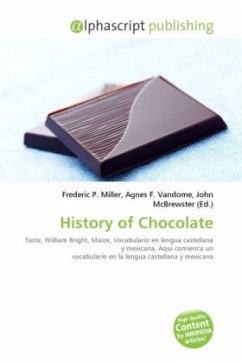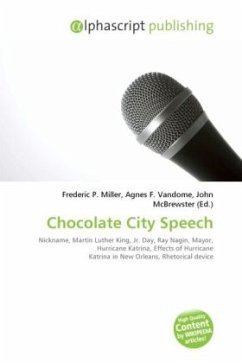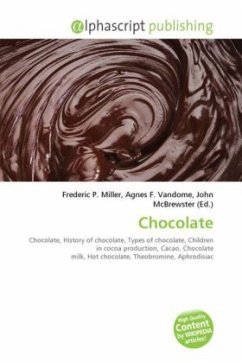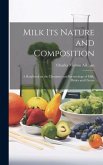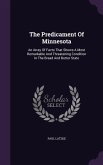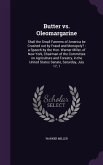High Quality Content by WIKIPEDIA articles! The word "chocolate" entered the English language from Spanish. How the word came into Spanish is less certain, and there are multiple competing explanations. Perhaps the most cited explanation is that "chocolate" comes from Nahuatl, the language of the Aztecs, from the word "chocolatl", which many sources derived from the Nahuatl word "xocolatl" made up from the words "xococ" meaning sour or bitter, and "atl" meaning water or drink. However, as William Bright noted the word "chocolatl" doesn't occur in central Mexican colonial sources making this an unlikely derivation. Santamaria gives a derivation from the Yucatec Maya word "chokol" meaning hot, and the Nahuatl "atl" meaning water. More recently Dakin and Wichman derive it from another Nahuatl term, "chicolatl" from Eastern Nahuatl meaning "beaten drink". They derive this term from the word for the frothing stick, "chicoli". The word xocoatl means beverage of maize. The words "cacauaatl" mean drink of cacao. The word "xocolatl" does not appear in Molina's dictionary.
Bitte wählen Sie Ihr Anliegen aus.
Rechnungen
Retourenschein anfordern
Bestellstatus
Storno

